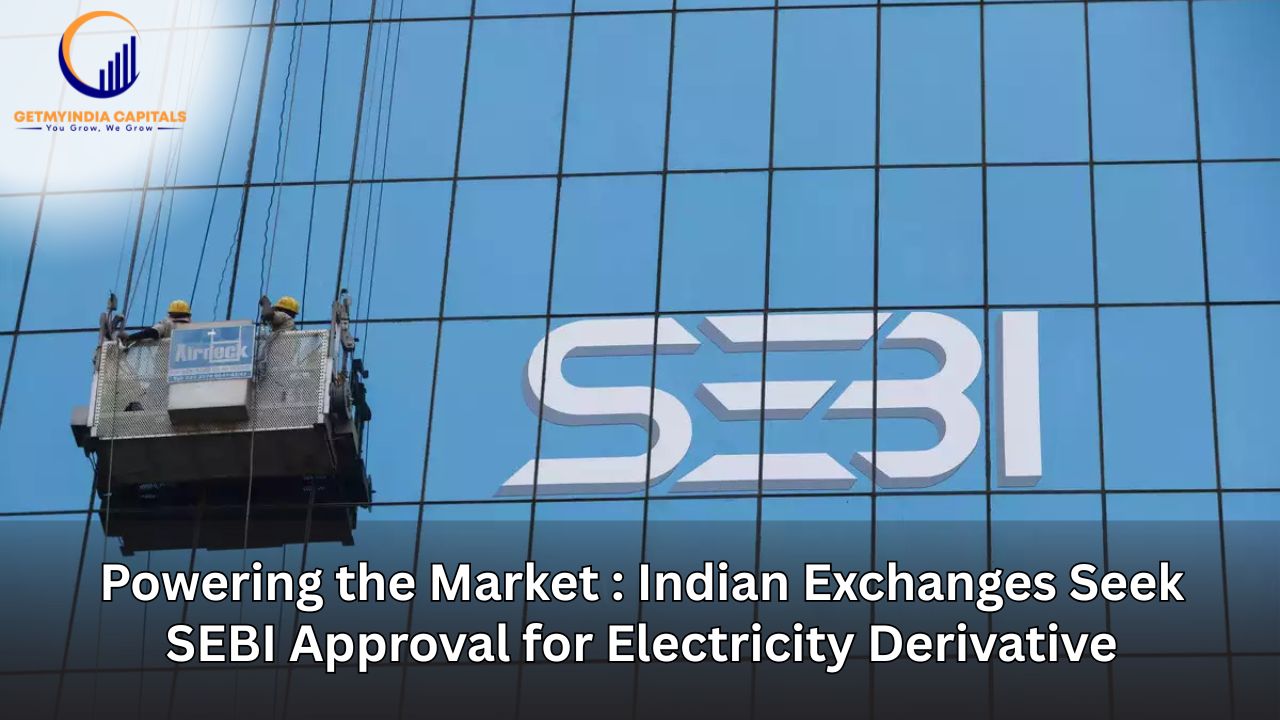Introduction
The National Stock Exchange (NSE) and Multi Commodity Exchange (MCX) have officially submitted proposals to the Securities and Exchange Board of India (SEBI) seeking approval for launching electricity derivative contracts. The proposal, which was submitted last month, marks a significant step towards introducing financial electricity derivatives in India. Industry insiders suggest that other exchanges might follow suit, depending on the response from SEBI to the initial proposals. The primary focus of these contracts would be on monthly futures, which will be cash-settled. If the initial contracts gain traction, exchanges could expand to additional contract tenures. The proposed electricity derivatives would primarily serve electricity distribution companies and large power consumers, allowing them to hedge against fluctuating electricity purchase prices. This would help stabilize costs in the volatile electricity market and provide more predictability for stakeholders in the power sector.
Financial Derivatives to Hedge Power Price Fluctuations
The proposed contracts are financial in nature and will be settled in cash, initially focusing on monthly tenures. These instruments are expected to offer significant benefits to electricity distribution companies and major industrial consumers by allowing them to hedge against volatile power purchase prices. Based on the feedback from early adopters and market participants, the exchanges may later expand the contracts to include varied tenures.While the proposals have been filed, both MCX and NSE have refrained from commenting publicly. Meanwhile, spot market leader Indian Energy Exchange (IEX) is unlikely to enter the derivatives space due to regulatory hurdles. IEX would be required to obtain a stock exchange license, demanding a minimum net worth of ₹100 crore, along with other compliance obligations. However, industry sources suggest that IEX andPower Exchange India Limited(PXIL) may collaborate with exchanges like MCX and NSE. Instead of launching their own derivatives, these exchanges could share their spot rates with the futures exchanges, which would use them as reference prices for electricity derivative contracts.
SEBI and CERC’s Regulatory Agreement Paves the Way
In February, SEBI and the Central Electricity Regulatory Commission (CERC) reached a significant regulatory agreement. This cleared the way for exchanges to launch electricity derivatives, provided they submit proposals in accordance with the agreed-upon contract specifications. According to a joint working group of both regulators, the focus will initially be on futures contracts,with exchanges instructed to submit fresh proposals adhering to standardised specifications.
Although the approval process is well underway for futures contracts, industry experts believe that the real growth will come from the eventual launch of Contracts for Difference (CfD) long-term agreements between electricity producers and distributors, offering a fixed price to hedge against volatility. However, CFD contracts are still under study, and gaining approval for them could take years.
Global Context: Electricity Derivatives Already Established Abroad
Globally, electricity derivatives have been a part of financial markets for decades. Countries like Norway, Germany, and France introduced electricity futures between 1996 and 2004, while Singapore launched them in 2015. Despite this global trend, India has been slow to adopt such contracts, largely due to a regulatory turf war between SEBI and CERC. This conflict resulted in a lengthy legal battle, which was finally settled in 2021 by the Supreme Court. The court ruled that CERC would regulate physical delivery-based forward contracts, while SEBI would oversee financial electricity derivatives.
Conclusion
The submission of proposals by MCX and NSE signals a pivotal moment for India’s energy and financial markets. Indian exchanges are seeking SEBI approval to introduce electricity futures, marking a significant step toward the development of a robust energy trading market. This move aims to enhance price transparency, improve risk management for power producers and consumers, and support the broader goal of energy sector reform. If approved, electricity futures could attract more participants, boost liquidity, and align India with global practices in power trading.
GetMyIndia.com RaysVeda.com GetMyStartup.com LawCanal.com ABHAYRAY.COM ZinCob.com

